

You can unlock the iPad Air with your finger and the iPhone 12 with your face. Could the veins in your wrist unlock your Apple Watch?
An Apple patent newly unearthed on Reddit suggests so: it outlines a proposed method for the Apple Watch to offer Touch ID-style unlocking. Instead of a face or a fingerprint it would bounce light off the veins, hair follicles and blood vessels in your wrist.
It's unlikely to come to the Apple Watch Series 7, but it does suggest a future where the Watch is even less tethered to your phone, thanks to having its own biometric security – at the moment, the only option to unlock an Apple Watch using biometric security is via your iPhone.
The Apple Patent doesn't give it a name beyond Wearable Electronic Device Having a Light Field Camera, but we're dubbing it 'WristID', because that's too long to keep writing out. The patent was filed on 7 January 2021 and its illustrations clearly show an Apple Watch alongside a diagram of the veins in the wrist and hand and a delightful cross-section of human skin.
According to the patent, the Watch would emit light, such as infrared light, into the “dorsal side of the forearm” and would then use a light field camera to “construct at least one image of at least one layer of the forearm near the wrist.” That construction would be able to tell the Apple Watch whether it was on the correct person’s wrist, authenticating you as the user for services such as Apple Pay.
What could go wrong with WristID?
Will it work? The patent is cautious, and notes that different types of skin, tattoos and levels of arm hair can affect the results. We’ve seen this previously: when Apple introduced the first Apple Watch in 2015 some people with dark skin or sleeve tattoos found that the optical heart monitor didn’t deliver particularly accurate results.
To address this, the patent discusses using multiple forms of pattern recognition: pigmentation patterns, hair follicles and other characteristics that together would create a unique ID.
Sign up to the T3 newsletter for smarter living straight to your inbox
Get all the latest news, reviews, deals and buying guides on gorgeous tech, home and active products from the T3 experts
Constant, unobtrusive authentication could be interesting: unlike FaceID, WristID would work whether or not you’re wearing a mask, and unlike Touch ID it wouldn’t matter if your fingers were clean and dry, covered in ketchup or in thick winter gloves.
It also removes an authentication step for Apple Pay, and could make Watch-based payments or iPhone unlocking happen instantly. Provided nobody cuts your arm off it’s also very secure.
According to Apple, such a Wrist ID system “could be used for convenient access to device features without the use of passwords”, and it might also collect additional biometric data for health or fitness monitoring.
Privacy protection isn't an afterthought
The patent also provides an insight into Apple’s thoughts about privacy. The patent filing refers to “entities responsible for the collection, analysis, disclosure, transfer, storage, or other use of such personal information data” and the expectation that they will comply with privacy policies and/or practices and should not be “shared or sold outside those legitimate uses”. It also describes measures to limit or disable the camera-based authentication and its use in health apps.
That’s a strong indication that for Apple, privacy isn’t something to think about when the product is made: it’s something to consider before it’s even a prototype.
Writer, musician and broadcaster Carrie Marshall has been covering technology since 1998 and is particularly interested in how tech can help us live our best lives. Her CV is a who’s who of magazines, newspapers, websites and radio programmes ranging from T3, Techradar and MacFormat to the BBC, Sunday Post and People’s Friend. Carrie has written more than a dozen books, ghost-wrote two more and co-wrote seven more books and a Radio 2 documentary series; her memoir, Carrie Kills A Man, was shortlisted for the British Book Awards. When she’s not scribbling, Carrie is the singer in Glaswegian rock band Unquiet Mind (unquietmindmusic).
-
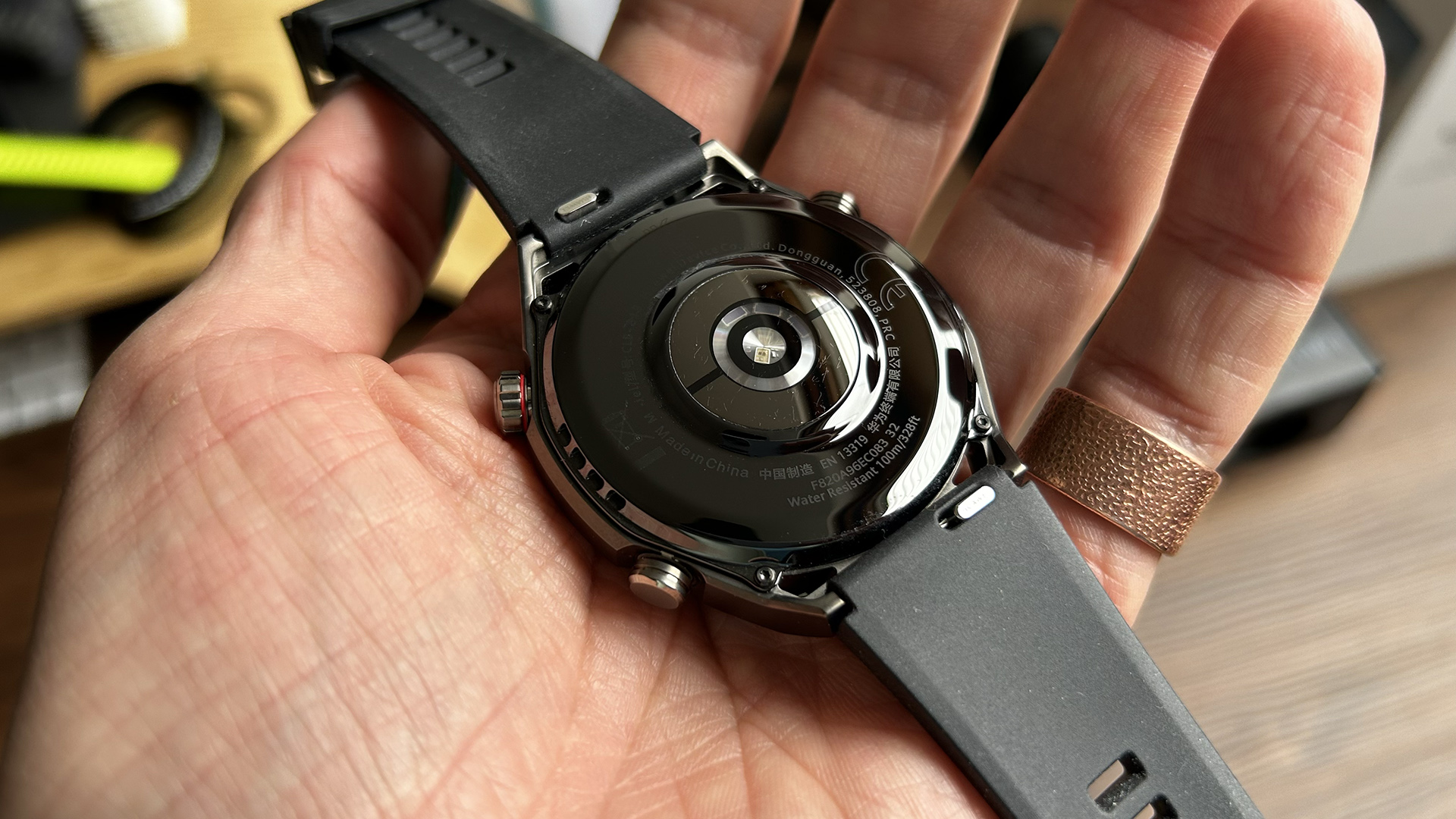 Quietly, this Chinese brand built one of the most comprehensive health wearable systems in the world
Quietly, this Chinese brand built one of the most comprehensive health wearable systems in the worldWith the launch of the Distributed Super-Sensing Module, Huawei returns to the top of the wearable market in top form
By Matt Kollat
-
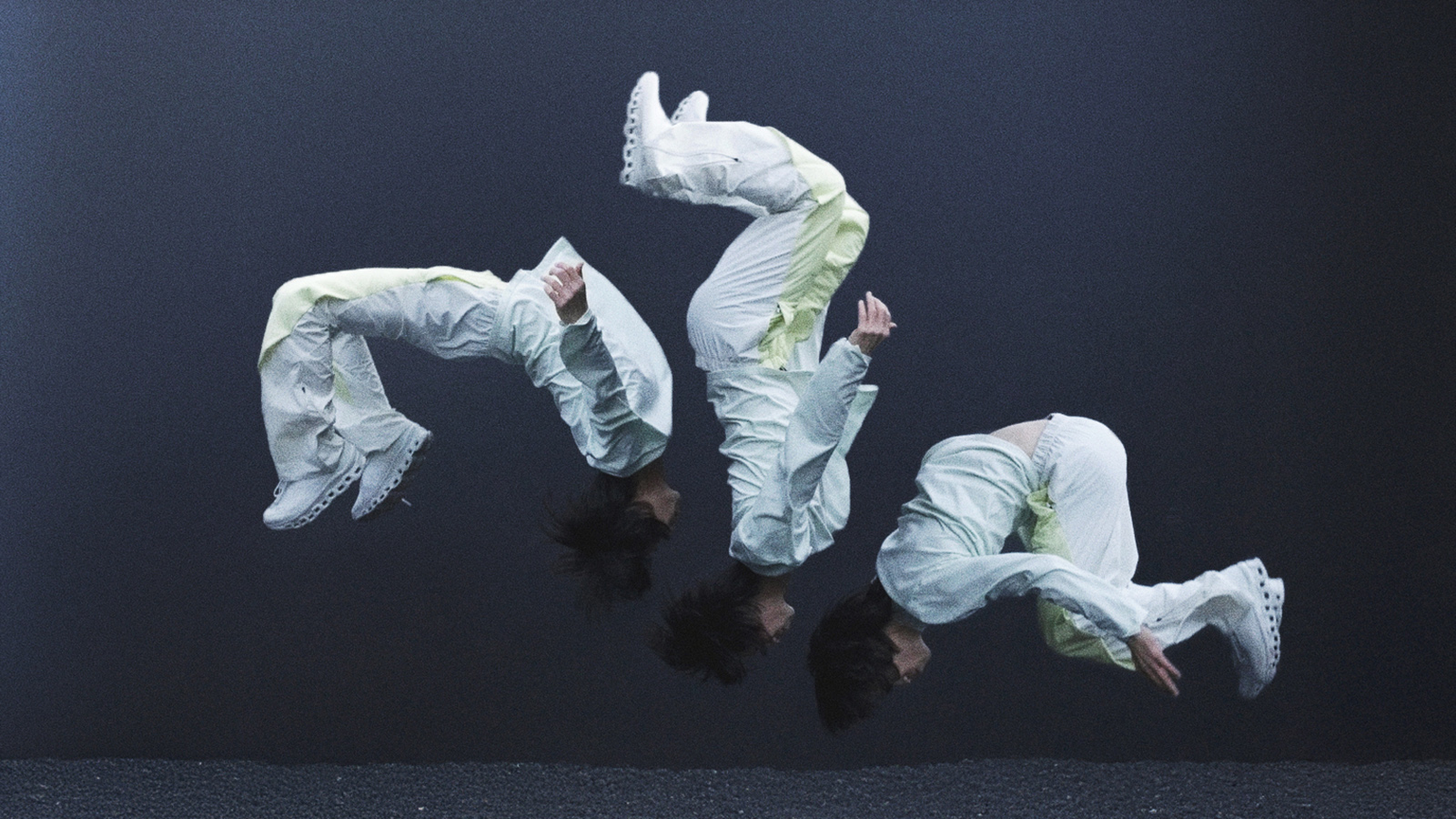 6 offbeat products from premium outdoor and fitness labels you didn't know existed
6 offbeat products from premium outdoor and fitness labels you didn't know existedWho would have thought these products existed?
By Matt Kollat
-
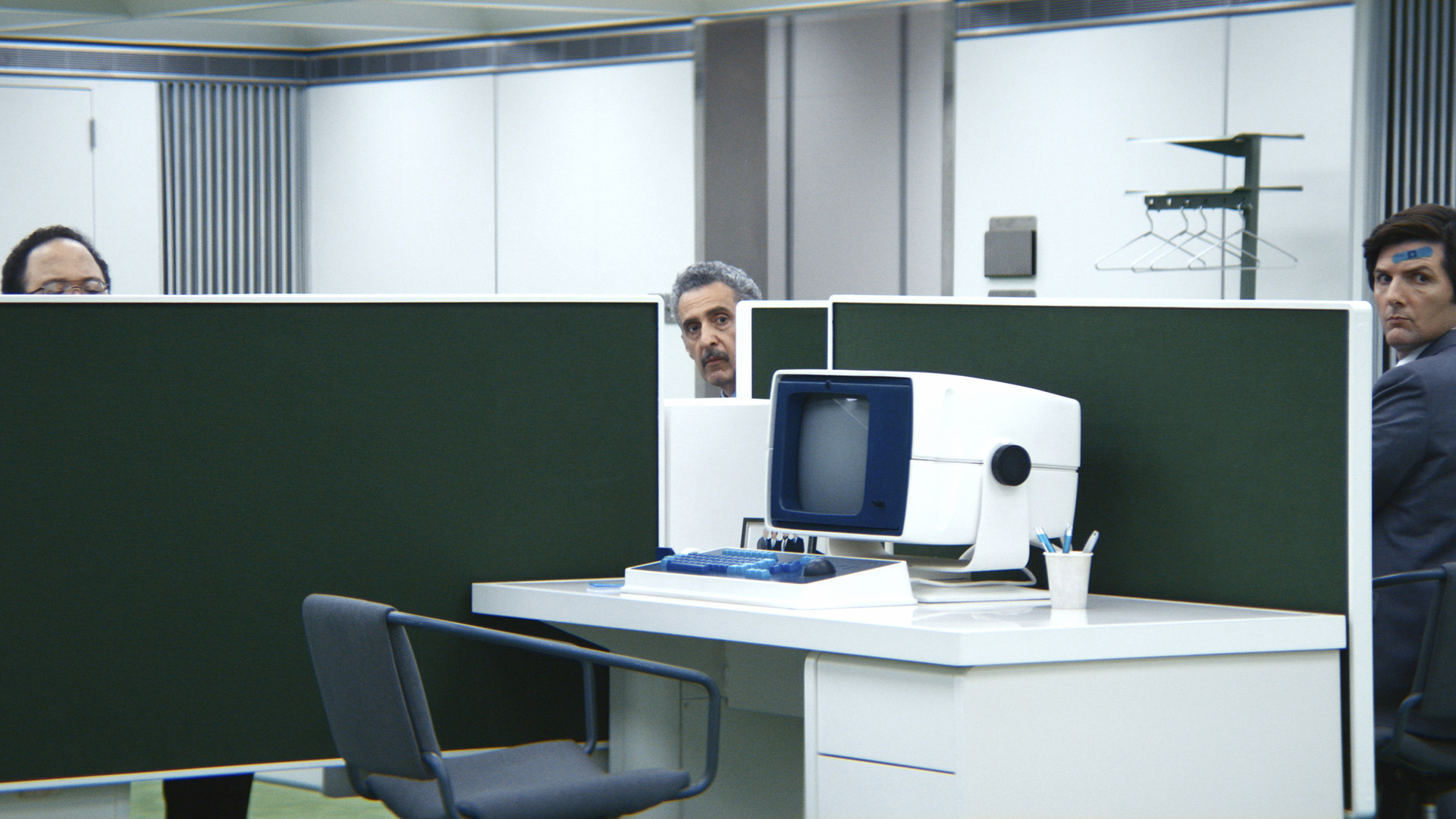 Apple's Severance computer may have been a joke, but the keyboard is coming for real
Apple's Severance computer may have been a joke, but the keyboard is coming for realTell us where we can sign up!
By Britta O'Boyle
-
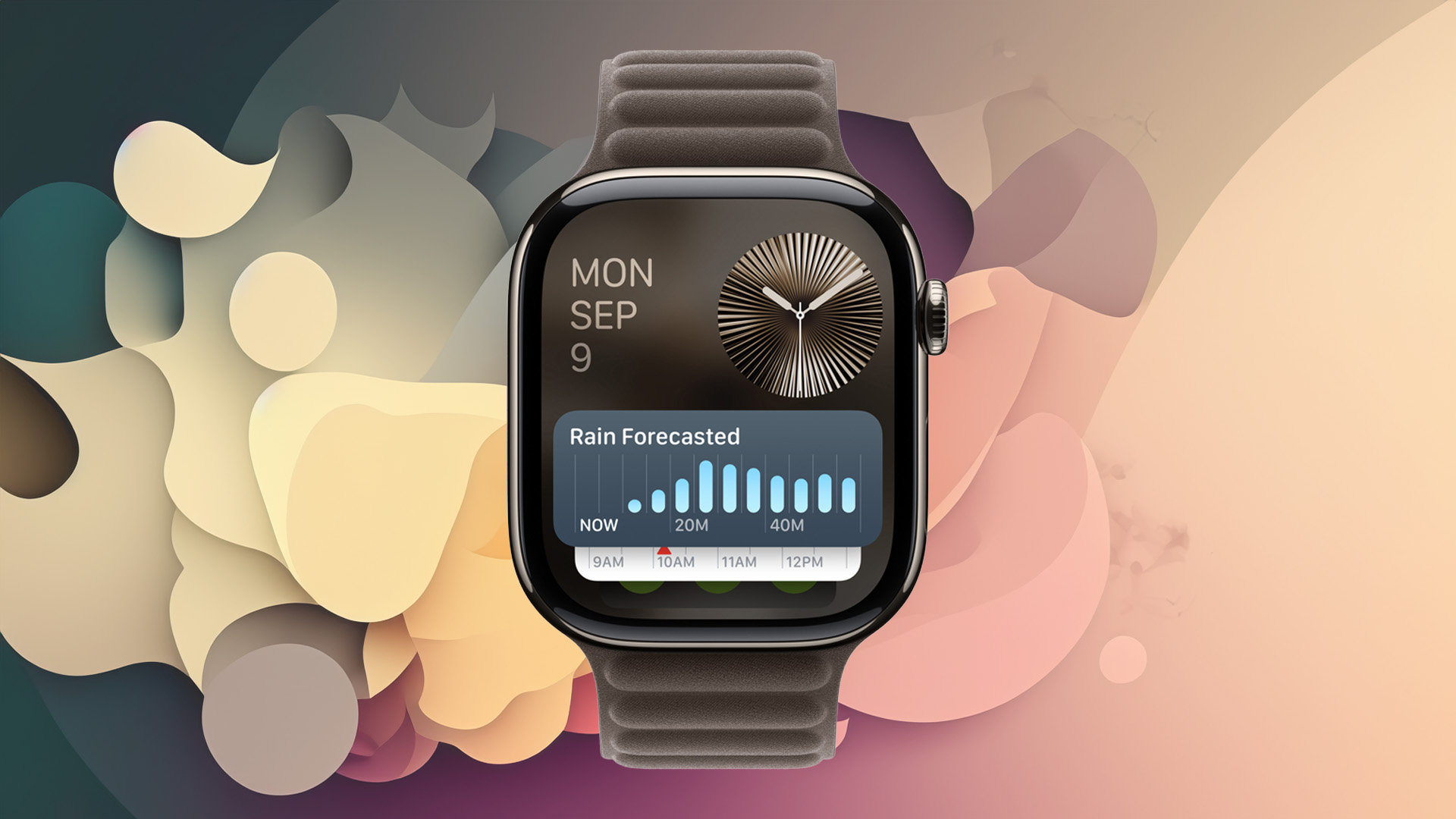 Apple Watch is set to get Apple Intelligence this year, but only with a little help from a friend
Apple Watch is set to get Apple Intelligence this year, but only with a little help from a friendBring on watchOS 12
By Britta O'Boyle
-
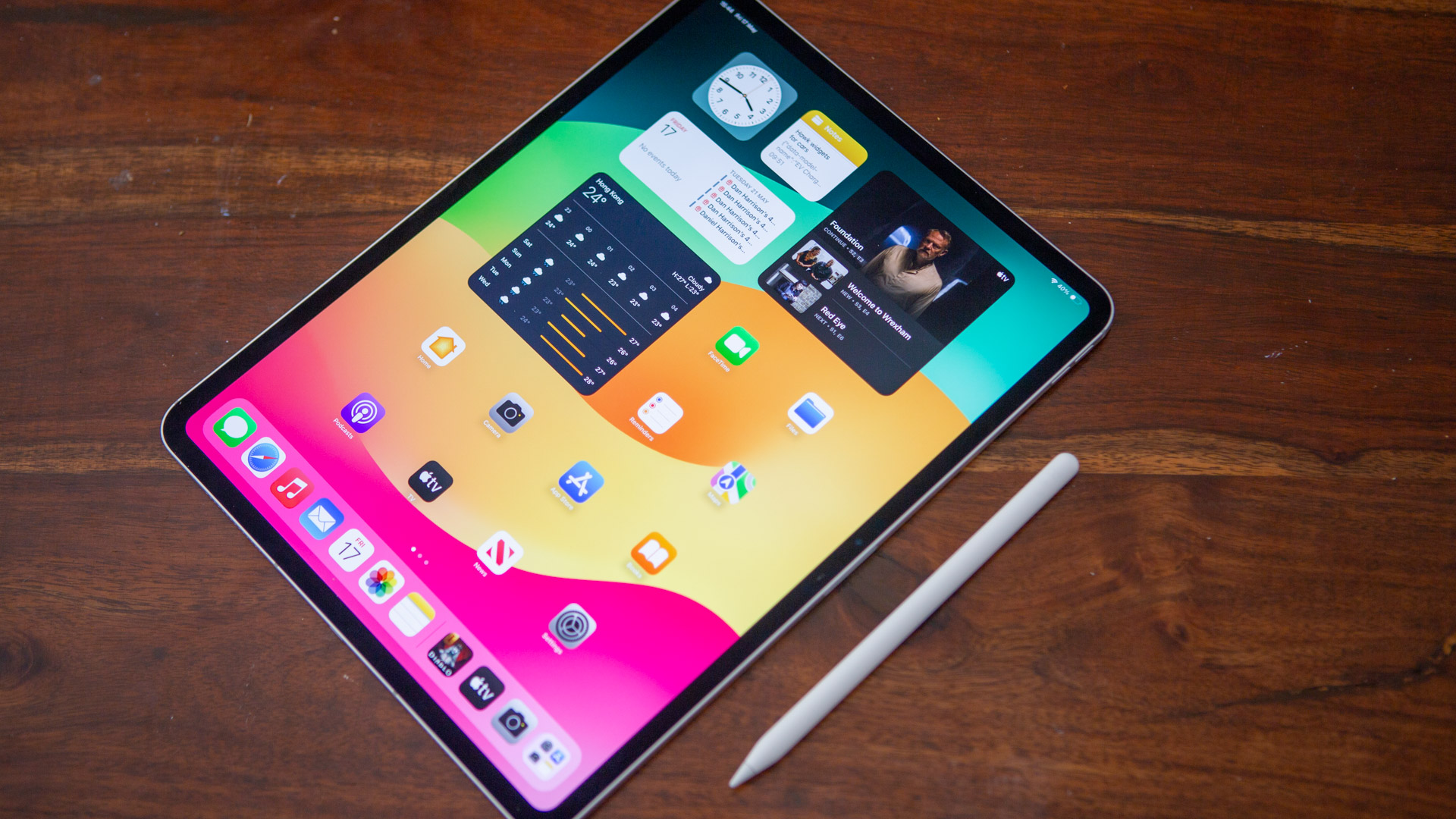 iPad reportedly getting major makeover and your current model could benefit too
iPad reportedly getting major makeover and your current model could benefit tooApple is said to be making a change that iPad power users have been wanting for years
By Carrie Marshall
-
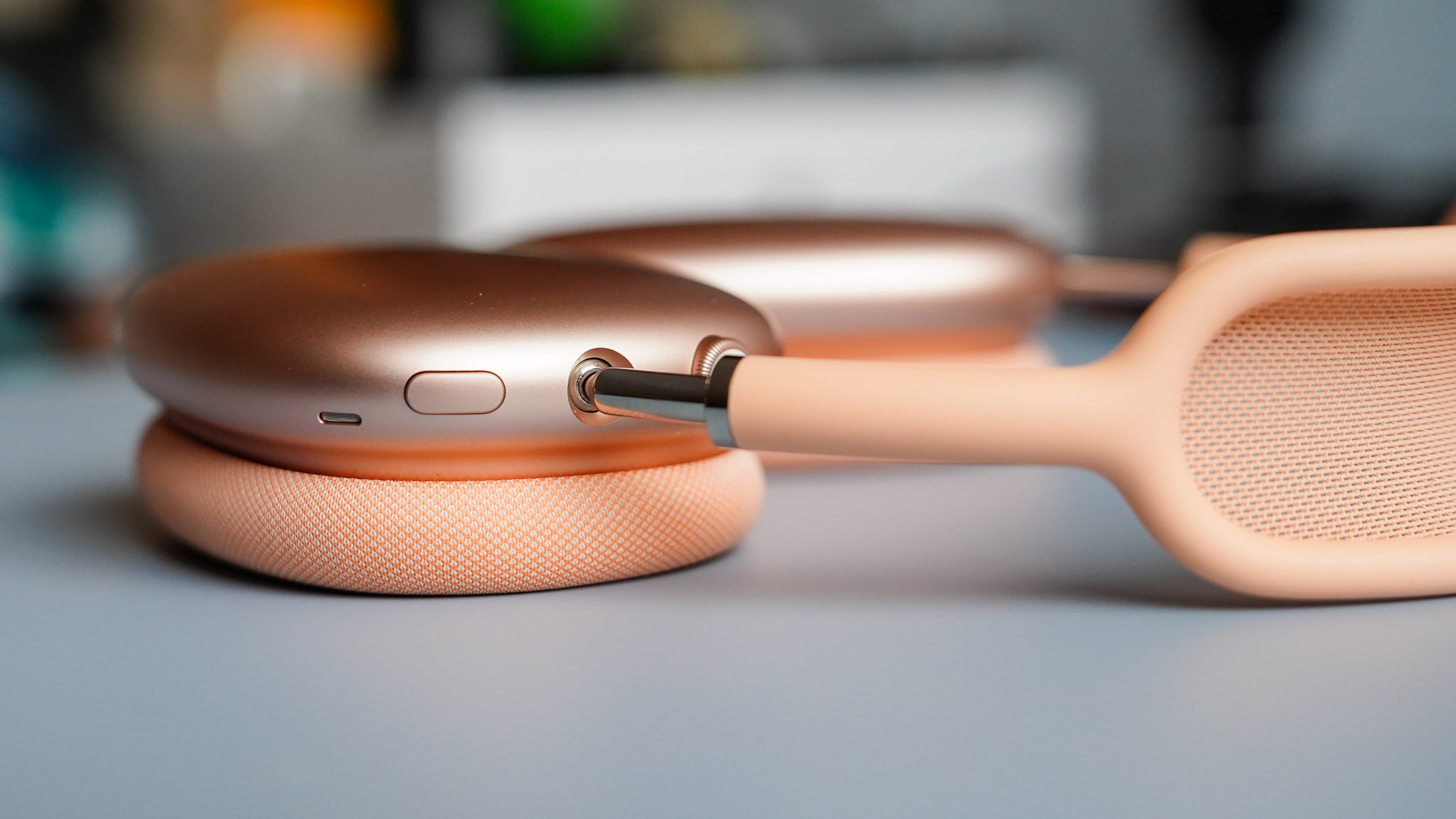 AirPods Max finally get the great free upgrade Apple promised
AirPods Max finally get the great free upgrade Apple promisedHere's how to make sure your headphones are running the right firmware
By Britta O'Boyle
-
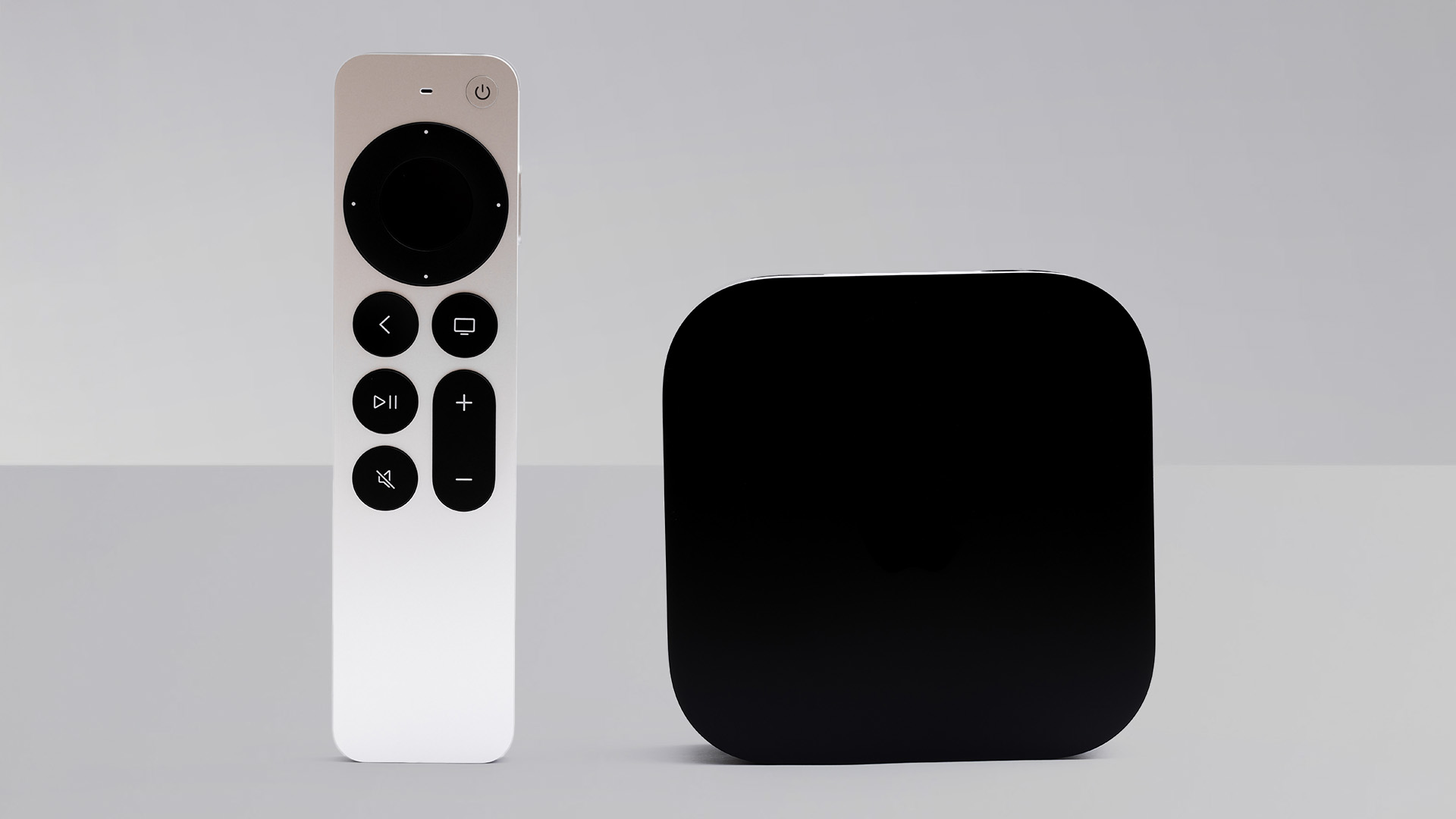 Apple TV gets a free update that makes it more simple to use
Apple TV gets a free update that makes it more simple to useApple has released tvOS 18.4 with a few design tweaks for its TV boxes
By Rik Henderson
-
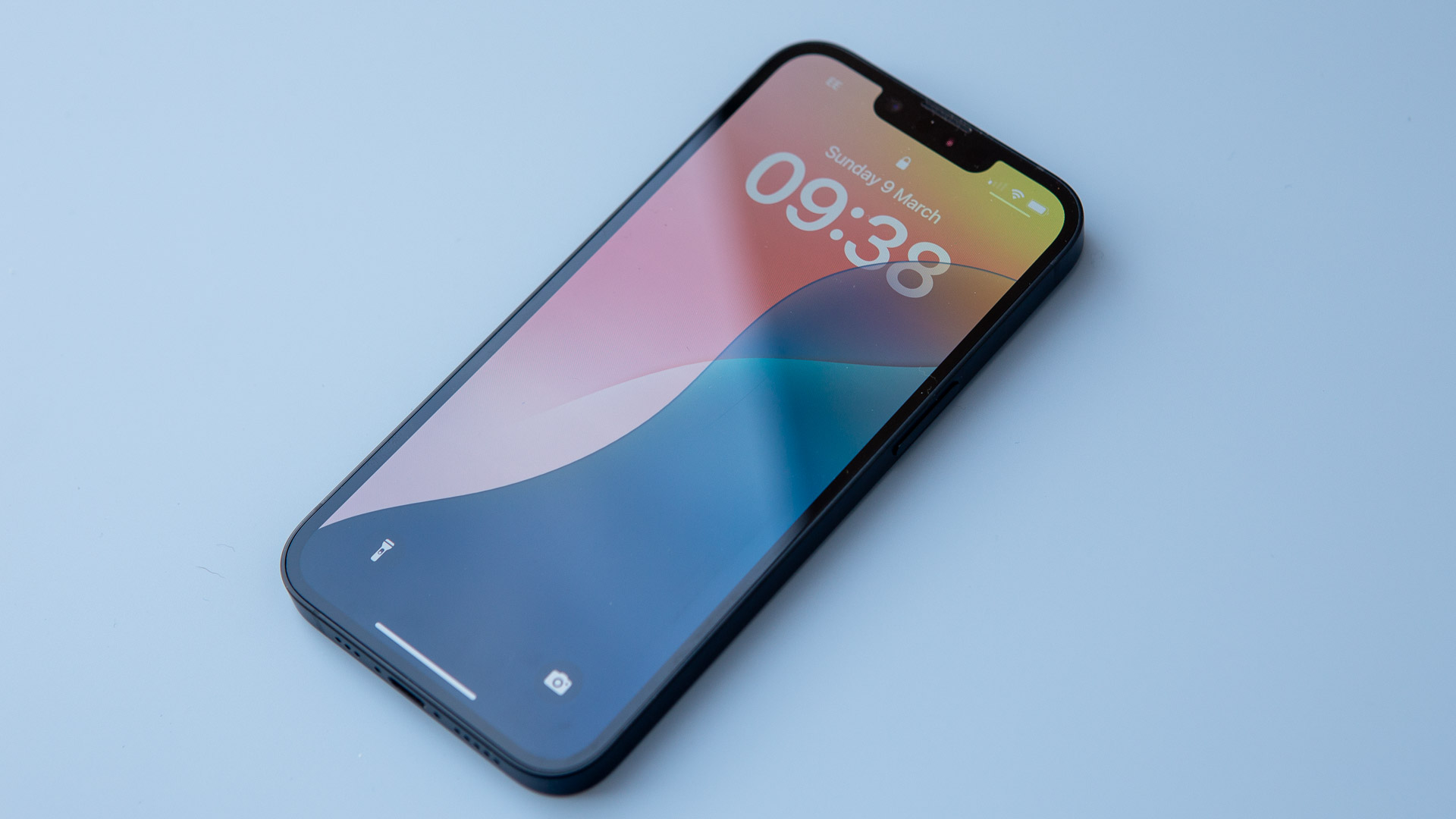 Your iPhone gets some new tricks - here’s what it can do now
Your iPhone gets some new tricks - here’s what it can do nowThe new emojis and priority notifications are probably our favourite
By Britta O'Boyle
-
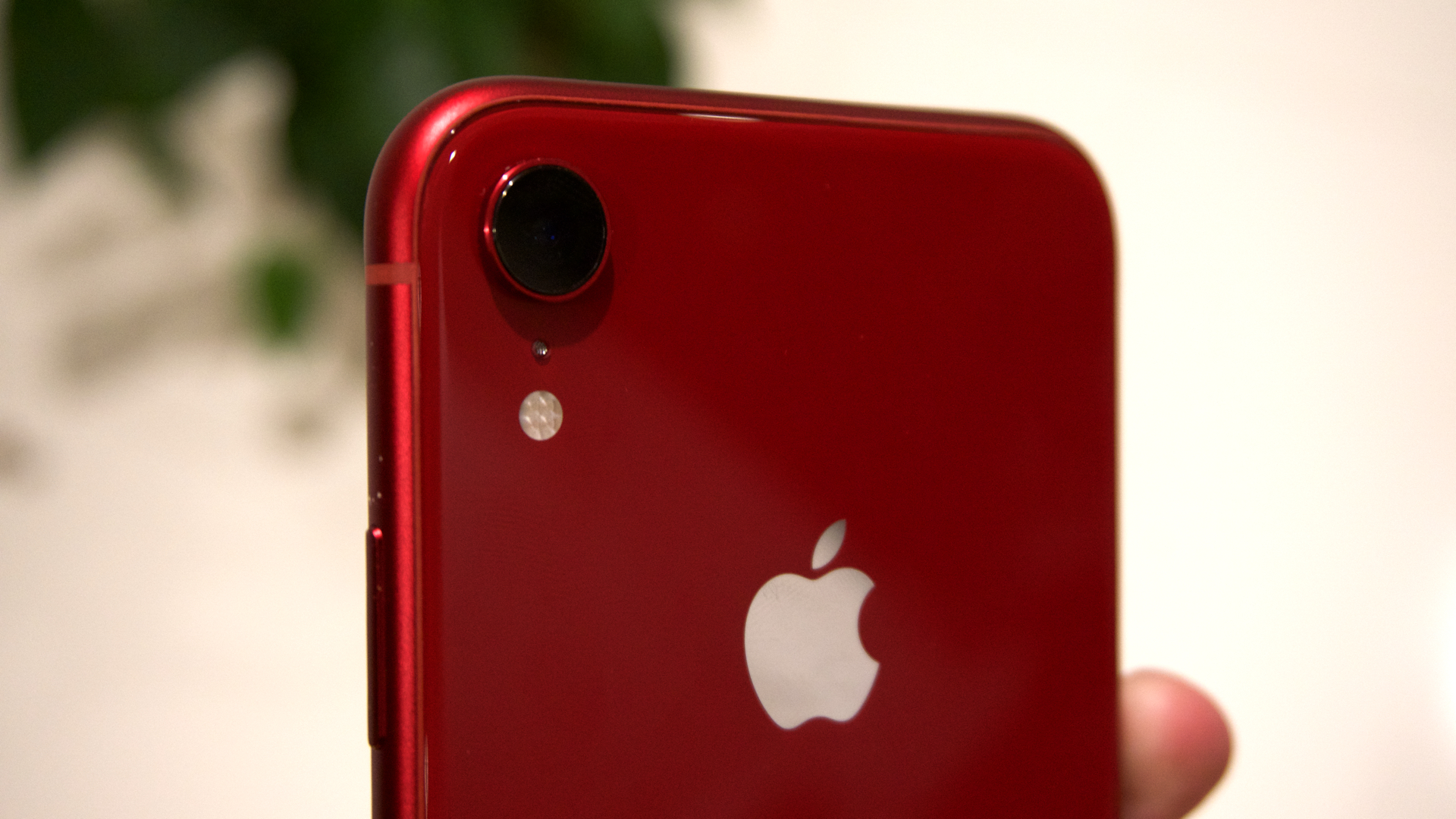 Older iPhones at risk of being left behind when iOS 19 arrives – is your device one of them?
Older iPhones at risk of being left behind when iOS 19 arrives – is your device one of them?Apple will reportedly drop three iPhone models when it comes to the iOS 19 update
By Carrie Marshall
-
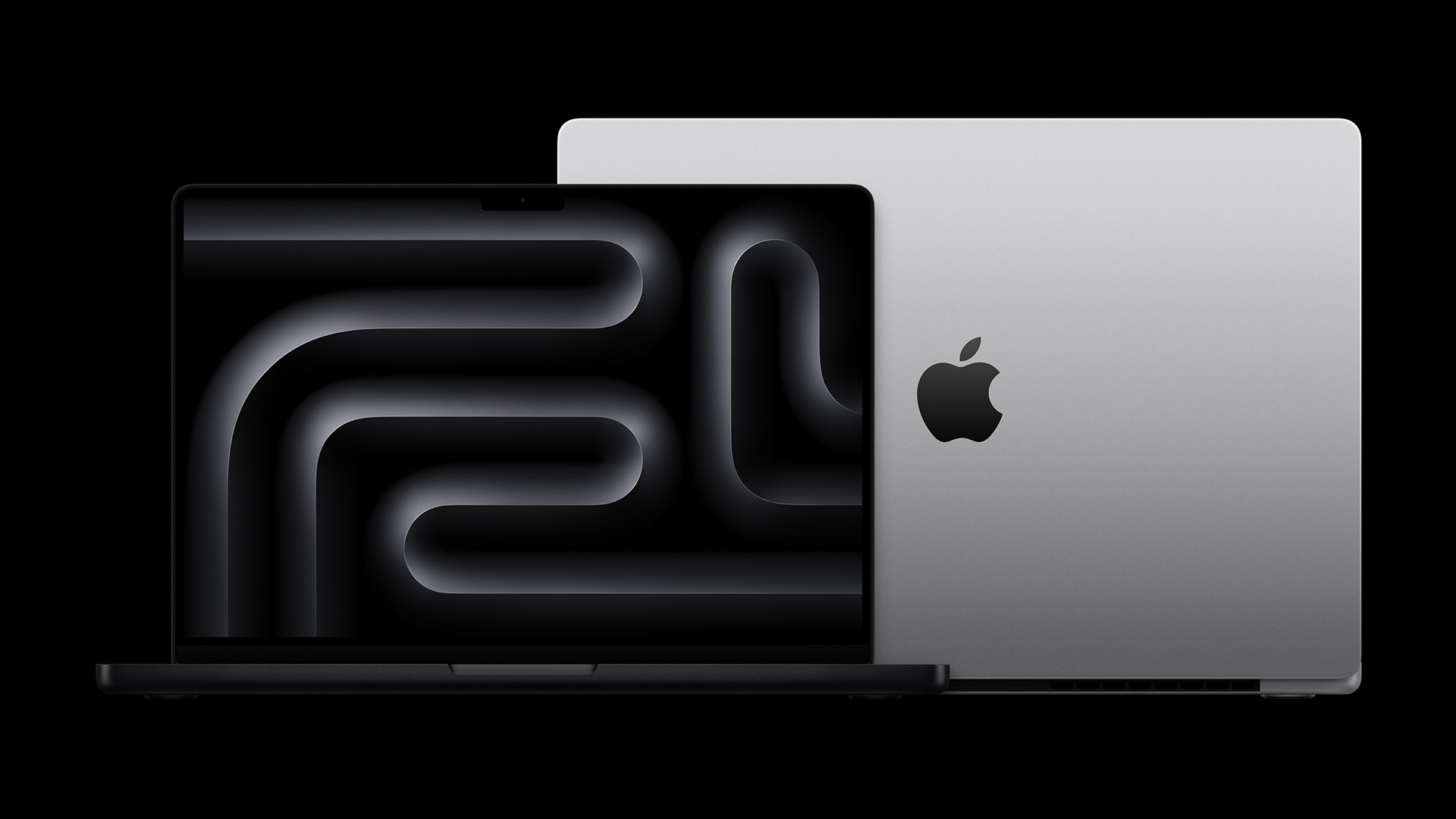 Your next MacBook Pro could be a game-changer for three good reasons
Your next MacBook Pro could be a game-changer for three good reasonsApple will reportedly upgrade next year's MacBook Pro in three major ways
By Rik Henderson